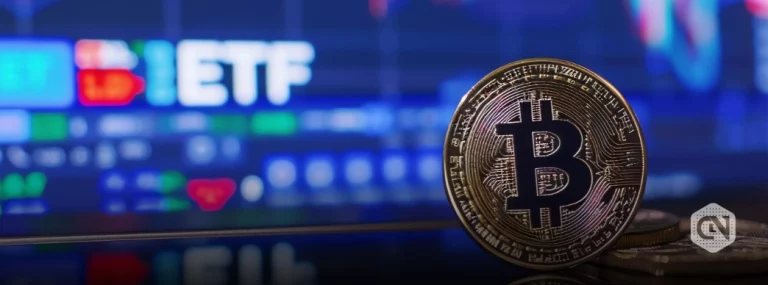
The Future of Education: What 2025 Holds
The Future of Education is upon us, and it’s more exciting than ever. As we approach 2025, we can expect significant advancements in technology, personalized learning, and global accessibility. In this article, we’ll explore the trends and innovations that will shape the future of education.
Section 1: Introduction to the Future of Education

The education sector has undergone significant transformations in recent years, driven by technological advancements, changing learner needs, and shifting societal values. As we look to the future, it’s essential to consider the key drivers of change and how they will impact the education landscape.
One of the primary drivers of change is the increasing use of technology in education. From online learning platforms to artificial intelligence-powered adaptive learning systems, technology is revolutionizing the way we learn and teach. Another significant driver is the growing demand for personalized learning experiences, which cater to individual learners’ needs, abilities, and interests.
Section 2: Trends and Innovations in Education

So, what can we expect from the future of education in 2025? Here are some of the top trends and innovations that will shape the landscape:
- Artificial Intelligence (AI): AI will continue to play a significant role in education, from intelligent tutoring systems to automated grading and feedback.
- Virtual and Augmented Reality (VR/AR): VR/AR will become increasingly popular, providing immersive and interactive learning experiences that simulate real-world environments.
- Blockchain Technology: Blockchain will enable secure, transparent, and decentralized management of educational records, certifications, and assessments.
- Personalized Learning: Personalized learning will become the norm, with adaptive learning systems, learning analytics, and AI-powered recommendation engines helping to tailor learning experiences to individual needs.
- Global Accessibility: Online learning platforms, mobile devices, and internet connectivity will continue to increase access to education, bridging geographical and socio-economic divides.
Section 3: The Impact of Technology on Education

Technology will have a profound impact on education in 2025, transforming the way we learn, teach, and interact with each other. Some of the key benefits of technology in education include:
- Increased Accessibility: Technology will enable learners to access educational resources, courses, and degree programs from anywhere in the world, at any time.
- Improved Personalization: Technology will enable personalized learning experiences, tailored to individual learners’ needs, abilities, and interests.
- Enhanced Engagement: Technology will provide interactive and immersive learning experiences, increasing learner engagement and motivation.
- Reduced Costs: Technology will help reduce educational costs, from textbook expenses to institutional overheads.
- Increased Efficiency: Technology will streamline administrative tasks, freeing up instructors to focus on teaching and mentoring.
Section 4: The Future of Education in 2025 and Beyond

As we look to the future, it’s clear that education will continue to evolve, driven by technological advancements, changing learner needs, and shifting societal values. Some of the potential developments that may shape the future of education include:
- Brain-Computer Interfaces (BCIs): BCIs may enable learners to control devices with their minds, revolutionizing the way we interact with technology.
- Neuroscience-Informed Learning: Neuroscience-informed learning may enable instructors to design learning experiences that are tailored to individual brain function and development.
- Quantum Computing: Quantum computing may enable the development of more sophisticated AI systems, which could transform the education landscape.
- Space-Based Education: Space-based education may become a reality, with learners accessing educational resources and participating in space-based research projects.
- Interdisciplinary Learning: Interdisciplinary learning may become the norm, with learners combining multiple subjects and disciplines to solve real-world problems.
In conclusion, the future of education in 2025 is exciting, with technological advancements, personalized learning, and global accessibility set to transform the education landscape. As we look to the future, it’s essential to consider the potential developments that may shape the education sector, from brain-computer interfaces to neuroscience-informed learning.






